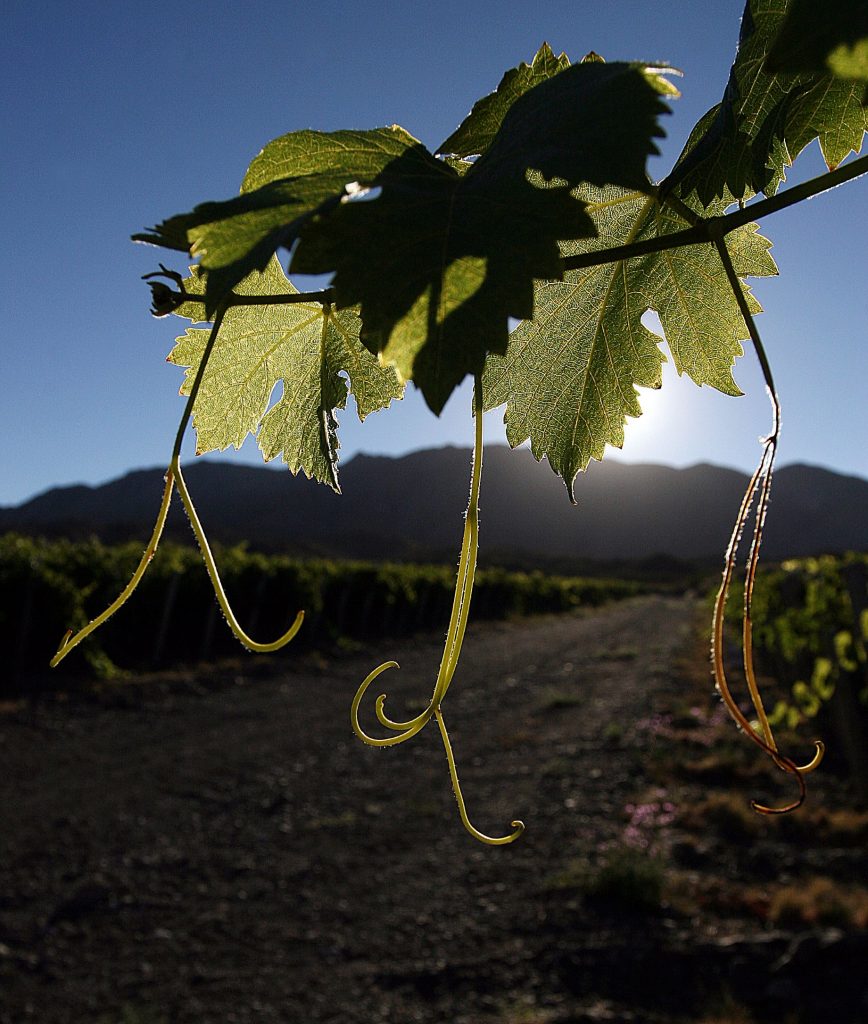Aside from the production of organic wines, many producers have now joined the ranks of biodynamics and natural wine.
With some teething problems, these practices and definitions have been well accepted among local wine growers and a new generation that has started in the business. Without calling into question the nature of wine, it is worth taking a tour of the producers who wish to leave a message of sustainability.
The bio origin
If we do a little history, we see that the first biodynamic producers were the ones who sowed the seed so that today we differentiate between organic, bio and natural wines. This was ten years ago, when wineries such as Colomé, Krontiras or Cecchin opened the door to the teachings of Rudolf Steiner, his preparations and lunar calendars regarding vineyards and winemaking.
Over time, these pioneers continued with their practices to the point that today wineries such as Alpamanta, Escorihuela Gascón, Luna Austral, Finca Dinamia, Chakana and Pucara top the list of producers certified by Demeter. A few examples to check the current status of these wines in Argentina are Brevas de Alpamanta, an unfiltered Sauvignon Blanc and a Syrah Rosé, or Chakana Ayni Malbec, or perhaps the new Familia Cecchin Pet Nat, or the new Natural Malbec from Krontiras.
They are joined by producers who, without intending to certify their wines, are following the same practices. Many proclaim themselves as producers of natural wines, while others prefer to stay out of the discussions, although their wines are a true statement to vitiviniculture with minimum intervention.
What is a natural wine?
In Argentina, as in the rest of the world, there is no official definition for natural wines. So the topic is not without its controversies among those who insist that wine is always natural, since the only raw material involved is fresh grapes.
However, more and more people are looking to draw a distinction between their wines and those produced by large-scale establishments. Here in Argentina some of these producers have organised a group in order to spread the word about practices they consider natural. Ernesto Catena, a producer of biodynamic and organic wines, and his Natural, Organic and Biodynamic Society, includes Bodega Stella Crinita and Finca Las Payas, both from Mendoza, Noble de San Javier, from Córdoba, and Solo el Amor Salvará al Mundo, from El Bolsón, in Patagonia. Basically, they define natural wine as a beverage made with fresh grapes without adding to or removing anything from it. In this way, this juice of naturally fermented grapes will be the faithful reflection of the land on which the wine was born. To find out more visit his website at www.vinosnaturales.com.ar.
To put it another way, natural wine is obtained with the minimum possible intervention in all processes and only from indigenous yeasts, those of the vineyard. In addition, the cultivation must be ecological, with or without a certificate. When talking about one of the most sensitive aspects in the development of these wines, they emphasise that you should not confuse natural wine with wine without sulphites, since there is a tolerance for its use, very low but in any case permitted. So the main differential is a cultivation that respects the environment through organic or biodynamic agriculture or the exclusive use of natural products and respect for natural cycles.
Beyond definitions
The practices and the postulates of those who battle for a more natural wine are not exclusive to those who organise themselves in these groups. Today, in each of the wine regions of Argentina there are dozens of producers who make their wines with a clear commitment to nature and the environment.
Most of these wines could well be considered natural even by some European groups, which are much more rigorous in terms of the use of sulphites. For example, Bodega Chacra has a Pinot Noir whose name is SIN AZUFRE (WITHOUT SULFUR), as a clear statement of principles. Matías Michelini, a renowned producer of original and exotic wines, works in a natural way with all the wines of his Vía Revolucionaria brand, among which is a Torrontés orange wine, a Moscatel rosé made in contact with skins and a Bonarda of carbonic maceration, all without sulphites and always fermented with native yeasts.
Naturally, the most representative producers of this movement of minimum intervention being the purest expression of terroir, are small-scale wineries that, in any case, manage to get noticed. The winemaker Germán Masera stands out with his Livverá wines, among which is an orange Malvasia. Also, the agronomist Francisco Bugallo from Cara Sur with wines made from a very old vineyard with Criolla, Bonarda and Moscatel grapes, and the American, Pol Andsnes who is based in Mendoza with his Pol Opuesto and Canopus wines. La Nave Va and Pintom respect biodynamic and organic practices, although do not currently have certification.
After reviewing this curious facet of Argentine viticulture, it should be noted that the production of wines from native yeasts with grapes from organic vineyards or with natural management is increasingly common in this country. Undoubtedly, this is just a presentation of a movement that promises to keep growing.



